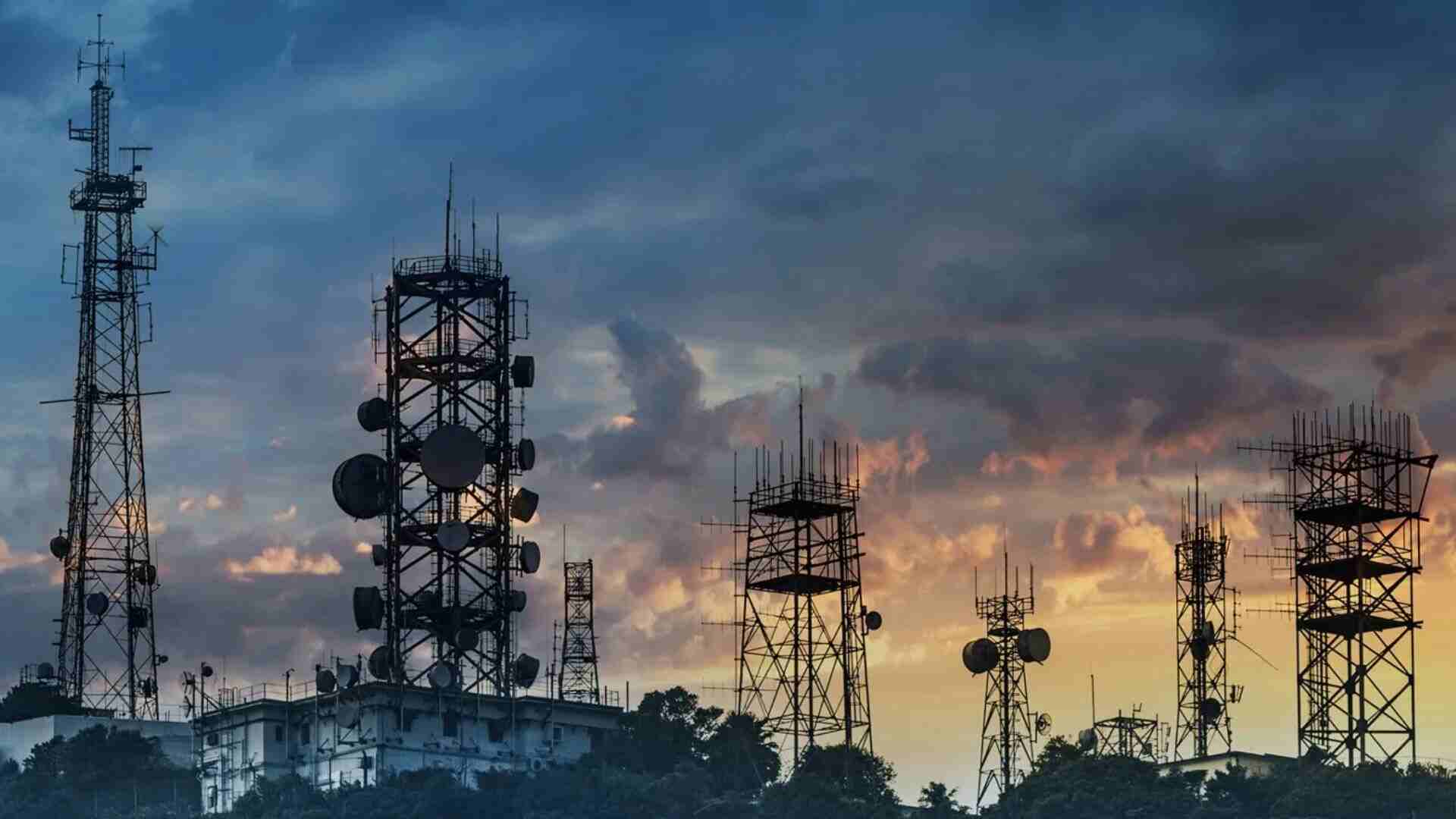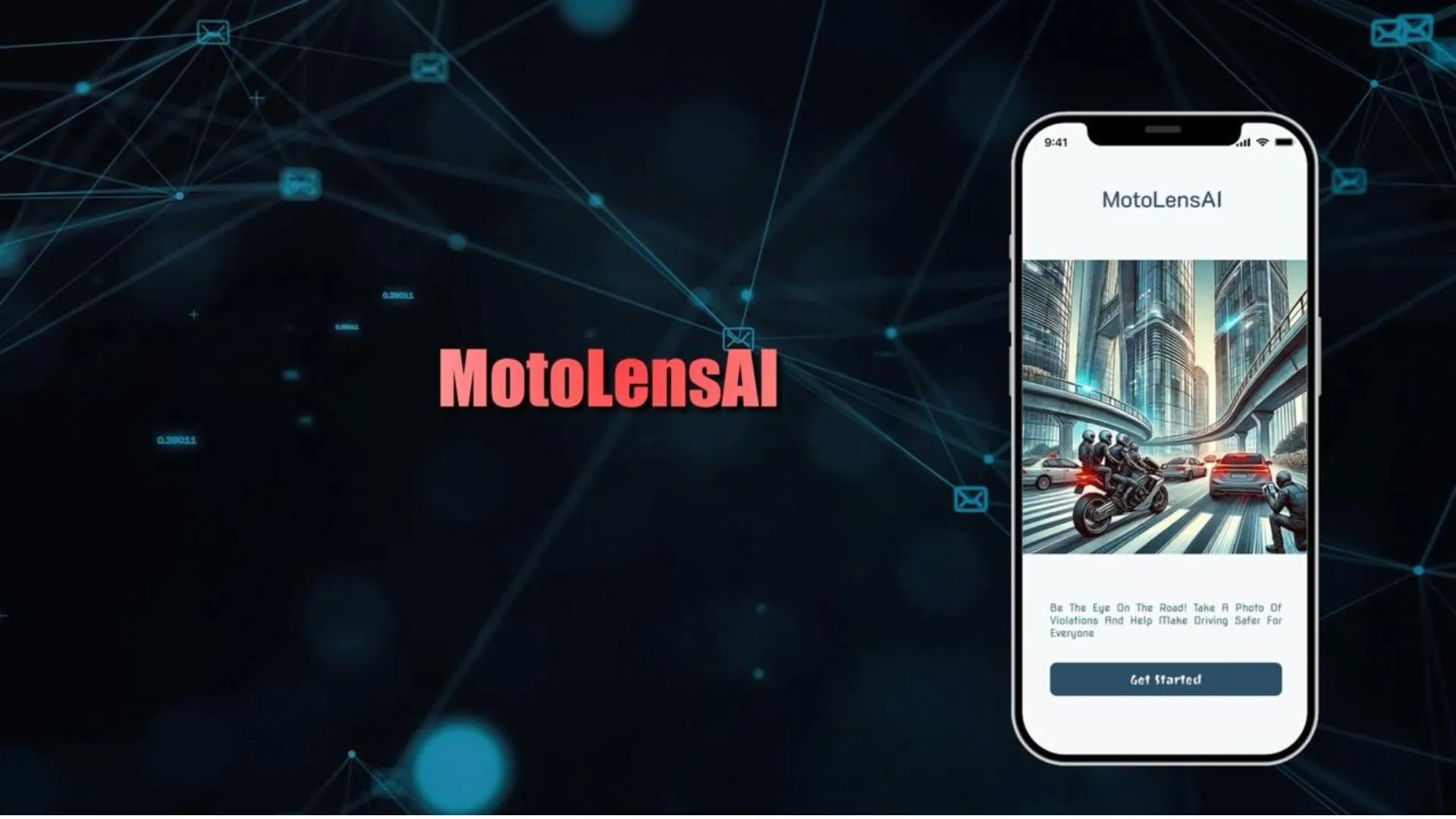After the Telecommunications Act 2023 takes effect on June 26, the federal government will have the authority to take control of telecommunications services or networks during emergencies. Certain sections, including 1, 2, 10, and 30, will be enforced as announced partially on Friday.
The Gazette notification said, “The Central government hereby appoints the 26th day of June 2024, as the date on which the provisions of sections 1, 2, 10 to 30, 42 to 44, 46, 47, 50 to 58, 61 and 62 of the said Act shall come into force.”
The notification states that the government has the authority to assume control over telecommunications services based on concerns regarding security, public order, or the prevention of offenses.
Section 20, which will be effective on June 26 states, “On the occurrence of any public emergency, including disaster management, or in the interest of public safety, the Central Government or a State Government or any officer specially authorized in this behalf by the Central Government or a State Government can take temporary possession of any telecommunication service or telecommunication network from an authorized entity; or provide for appropriate mechanisms to ensure that messages of a user or group of users authorized for response and recovery during a public emergency are routed on priority.”
Under the law, any telecommunications company seeking to set up or run telecommunication networks, offer services, or own equipment must receive authorization from the government.
After the implementation of the Act’s regulations, the Universal Service Obligation Fund will transform into Digital Bharat Nidhi. This fund will have the flexibility to finance not only the deployment of telecom services in rural areas but also research and development initiatives and pilot projects.
However, certain aspects of the Act, such as the allocation of spectrum for administrative purposes, including satellite services, and the establishment of an adjudication mechanism, will be announced at a later date.
Once enacted, this Act will take precedence over the current regulations governing the telecommunications sector, including those outlined in the Indian Telegraph Act of 1885 and the Wireless Telegraphy Act of 1933, among others.










